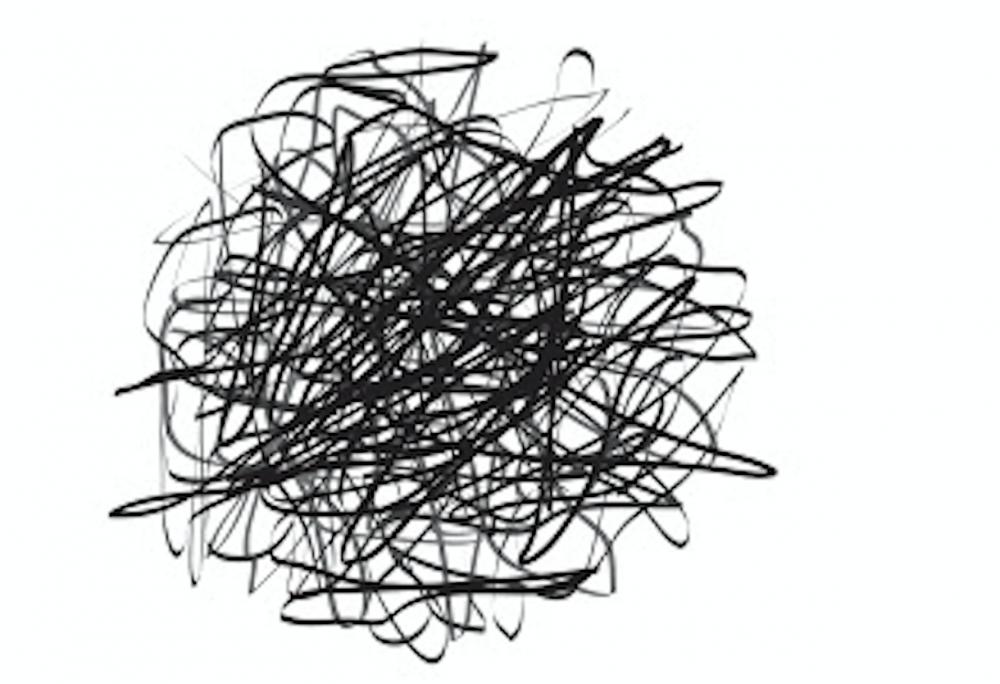What a mess! The law of unintended consequences (I assume) has consumed the most important selection process we engage, choosing a president. If the United States is the citadel of democracy, the non-authoritarian world is in trouble.
Let’s see. In 2020 we will elect the next Commander and Chief. He/she will be the first and final step in most consequential government decision-making. And, the most often viewed and heard human being in the world.
History tells us that America is at its peak of influence and power when there is a semblance of unity. Indeed, our over-arching theme is “out of many one.” When was the last time that occurred? We all know – it took smoldering ruins and body bags to unite us, and then the President, George W. Bush, led us in the wrong direction. Choices have consequences; so let me get back to choice.
We have chosen to give the two dominant political parties overwhelming advantages. Mathematically they have a 1 in 2 chance of winning. In business, they call that a duopoly and our laws do not favor that concentration of power. But here we are and the chances of structural change are slim.
Political party leaders must be enamored with Frankenstein. They have designed a process of campaigning that is long, arduous, costly, shaming, depleting and frequently arbitrary.
And, it is overseen by a press that recalls the warnings of Neil Postman. This is Wikipedia’s brief summary of his insight: “One of Postman’s most influential works is Amusing Ourselves to Death: Public Discourse in the Age of Show Business. In Amusing, Postman argued that by expressing ideas through visual imagery, television reduces politics, news, history, and other serious topics to entertainment. He worried that culture would decline if the people became an audience and their public business a “vaudeville act.” Postman also argued that television is destroying the “serious and rational public conversation” that was sustained for centuries by the printing press.”
There are, of course, global forces at work as well. Technological disruption has been fierce. The Arab Spring’s aftermath flooded Europe with immigrants and corruption in Mexico and much of Central America has resulted in a similar dynamic in the United States. Most, including persons who are pro-immigration, understand the destabilization that results. Among other things, labor watches as its pricing power deteriorates.
We live in times that challenge the most able political leaders. But we don’t live in times that encourage the most able to seek office and especially the office of President.
In 1952, America was in the third year of the Korean War and Harry Truman was President. Both Democrats and Republicans sensed a need for new leadership and began an effort to recruit General Dwight Eisenhower as their nominee. Eisenhower choose to seek the Republican nomination, was elected and served two terms.
Can you imagine Democrat and Republican leadership both recruiting the same person today? Yet, in many ways, the threats in 2020 are greater than those Americans faced in 1952. But today our political leadership is too often theatrical, polarized and petty. And we, the voters, are too often tribal to the point of applauding thoughtlessness and worse.
Our republic is 234 years old. Today’s technology tools allow us to mine America’s history in seconds. We can analyze the central government’s actions and fortunately have 50 states we can add to our universe of knowledge. Is it possible to seek more knowledge-based solutions?
Are there persons, who aspire to political leadership, who might shape a platform around efficacy? Would anybody listen? Indeed, is it even possible to package knowledge into debate sound bites and theatrics?
Recent debates have often featured attacks on capitalism. Yet, in capitalism efficacy matters—poor choices, poor results, jobs and capital lost. Politicians however, specialize in evasion and spending other people’s capital.
Businesses, at least those that are thriving, have adapted to the tectonic shifts. Indeed many of the most successful have caused them.
America will not get another Eisenhower. Persons acceptable to leaders of both parties no longer exist. Hopefully, knowledge tools and intuitive judgment might be fused to produce a far better selection process then we are now enduring.
Finally, I recall the words of Jim Lehrer, formerly of the Lehr NewsHour: “I am not in the entertainment business.” I would suggest that debate moderators study Jim Lehr, the moderator both parties recruited. At the very least we need better debates.
If you would like more background on Jim I invite you to read an earlier column.
Al Sikes is the former Chair of the Federal Communications Commission under George H.W. Bush. Al recently published Culture Leads Leaders Follow published by Koehler Books.



Write a Letter to the Editor on this Article
We encourage readers to offer their point of view on this article by submitting the following form. Editing is sometimes necessary and is done at the discretion of the editorial staff.